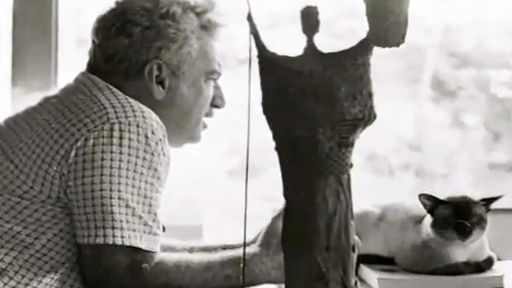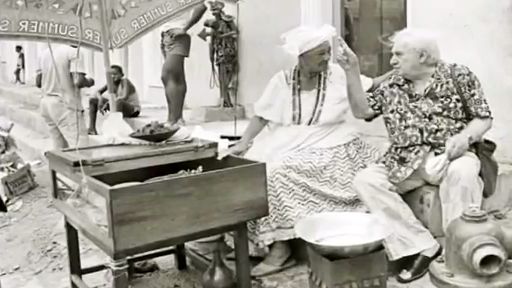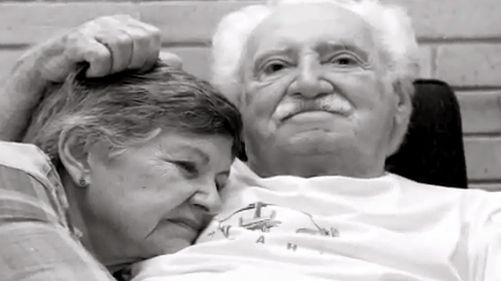SUMMARY
This is AI generated summarization, which may have errors. For context, always refer to the full article.

SAO PAULO, Brazil – Brazil on Friday, August 10, marks the centennial of the birth of Jorge Amado, its most acclaimed modern writer. Amado’s ribald tales of urban life in his native Bahia state have been translated into 49 languages.
The author, who died 11 years ago, left behind an extensive body of work that celebrate life’s sensual pleasures and explore the theme of racial mixing in Bahia, a northeastern state with a large Afro-Brazilian population.
His books have also been adapted into films, theatrical work and television series, even providing themes for some samba schools who participate in Brazil’s Carnival.
“He was both a great writer and a great commercial success,” Thyago Nogueira, an editor of Amado’s works at the Sao Paulo-based Companhia das Letras publishing house, told AFP.
“He also offered an optimistic vision of Brazil with very advanced views on religious syncretism and racial mixing. He was well ahead of his time.”
On Monday, August 6, Brazil’s Congress paid a solemn tribute to Amado, whose legacy is being celebrated across the country with exhibitions, retrospectives and lectures.
As part of the centennial tribute, a movie based on Amado’s “Capitaes de Areia” (Captains of the Sands) was named best film at the Los Angeles Brazilian Film Festival last July.

The film by Cecilia Amado, the author’s granddaughter, follows the life and adventures of several abandoned street kids in the Bahian capital Salvador during the 1950s.
“For me it’s important to show the history of Bahia and keep Jorge Amado’s legacy alive. That’s why I make films, to celebrate his life,” Cecilia Amado told the Hollywood Reporter.
Amado’s best-known novels internationally are “Gabriela, Clove and Cinnamon” and “Dona Flor and Her Two Husbands.”
Set in Ilheus, where he spent most of his childhood, “Gabriela,” written in 1958, is a folk novel — a romance starring a mixed-race woman, a political thriller and a social critique.
The other novel, written in 1966, chronicles the strange life of Dona Flor, a widow who marries a stable but boring pharmacist only to be visited by the ghost of her wayward late husband. A highly successful film version was produced in Brazil in 1976.
Amado’s other main works include “The Country of Carnival,” “Sea of Death,” “Tent of Miracles” and “Companion of the God Ogun.”
His works frequently chronicled the lives of the racially-mixed lower classes of Bahian society.
“For him, racial mixing was our greatest national treasure, which we had to cherish and preserve,” Brazilian academic Alberto da Costa e Silva recently told the O Globo daily.
“Jorge believed that miscegenation, at all levels, is what distinguishes us from the rest of the world.”
Amado earned many national and international prizes and was elected to the Brazilian Academy of Letters in 1961.
His literary career paralleled his involvement in leftist politics.
A communist in an authoritarian-ruled nation, he spent many years fleeing government persecution and extolling communist ideals in his novels.
In 1945, Amado was elected federal deputy of Sao Paulo on the Communist Party ticket.
But he was jailed 10 years earlier and spent years in foreign exile, in Argentina and Uruguay (1941-1942), Paris (1948-1950) and Prague (1951-1952).
Amado was a paradox in some respects, reconciling his atheism with Candomble, the Afro-Brazilian religion. As a communist lawmaker, he sponsored a law that guaranteed freedom of religion.

Born on August 10, 1912 on a cocoa plantation in the southern Bahian town of Itabuna, Amado died in Salvador on August 6, 2001. – Gerard Aziakou, Agence France-Presse
Add a comment
How does this make you feel?
There are no comments yet. Add your comment to start the conversation.